
27 May PhD/MA-PhD – Measuring Cognitive State in Space Exploration & Operational Environments
PhD or MA-PhD in Psychology on measuring cognitive state in space exploration & operational environments
We seek a student (starting September 2021) to study how humans fundamental cognitive neuroscience of humans while they do complicated tasks in operational environments (e.g. planetary exploration, surgical operation, search and rescue), with a view to improving safety, training and operational performance. Activities will include observing and analyzing the operator’s behaviour in real environments and identifying bottlenecks, designing medium-fidelity controlled experimental paradigms that bridge laboratory and field work, and testing combinations of portable sensors during field experiments. Topics could include cognitive workload, dual-task performance, situational awareness, and errors according to project requirements and your interest. Tools will include biophysical signals such as electroencephalography (EEG), pupillometry, heart rate analysis, Galvanic skin response, with the possibility to learn neuroimaging. Locations will include in-lab experiments, real-world environments, and possibly virtual reality. No specific experience required, but you have to be motivated and interested to work BOTH on human cognition and in applying it to real-life situations in the field, which will mostly be in collaboration with engineering teams (e.g. http://mistlab.ca). Necessary interpersonal qualities include openness to new experiences, curiosity about both areas, creativity, realiability, and the ability to communicate well will people from very different training backgrounds.
We are a cognitive neuroscience / neuropsychology lab, and we talk about the brain and cognition most of the time, with other team members specializing in neuroplasticity, audition, and sleep. General interest in these areas will be helpful to participate in lab life and scientific discussions. We are housed within a Psychology Department, and so applicants are expected to meet the entry requirements of either the MA-PhD or PhD programs (see here: https://www.concordia.ca/artsci/psychology/programs/graduate.html – note that there is an exemption for the program application deadline for this position).
The successful candidate will work in a stimulating interdisciplinary environment, with opportunities for field work (e.g. lava tubes, mines, mountains). In addition, Montreal is becoming a world reference for neuroscience, artificial intelligence,and robotics, as well as being a lively, beautiful, and affordable city. The trainee will be primarily based in Coffey Lab: Audition, Sleep and Plasticity (https://www.coffeylab.ca) in the Department of Psychology at Concordia University.
Notes: Due to difficulties associated with movement and immigration during this period, Canadian citizens or Permanent Residents are preferred at this time.
Questions: emily@coffeylab.ca for text-based questions or to arrange a discussion.
Application:
Please submit your CV, cover letter, and the names and contact information of two referees to: emily@coffeylab.ca as soon as possible – this position is available for a limited time.
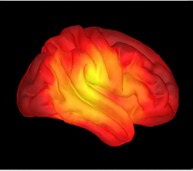
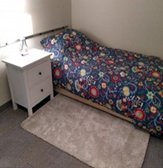
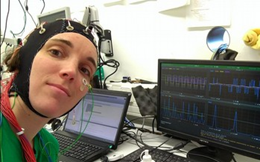
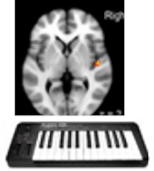
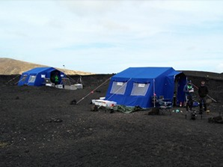
Left to right: source modeling of auditory activity with MEG, our in-house sleep lab, closed-loop auditory stimulation to boost memory consolidation, an investigation of how brain activity predicts later learning on a complex task, field testing portable expedition equipment at a Mars analogue site with a drone swarm team (MIST lab, Polytechnique Montréal) and the European Space Agency in the Canary Islands, Nov 2018.


Sorry, the comment form is closed at this time.